

PCs and consoles may be closer than ever — after all, the Xbox One and PlayStation 4 are basically just gaming PCs — but there are still huge differences. PC gaming is all about choice — choice of input devices, hardware, storefronts, and even user-created content. The competitive PC ecosystem has led to cheap games and free multiplayer — there are no monthly fees required to play PC games online unless you pick up an MMORPG like World of Warcraft.
The mouse and keyboard are the standard PC gaming input devices, but they aren’t the only ones. You can plug a game controller into your PC and play games in the same way you play them on a game console. Microsoft’s Xbox 360 controller is the gold standard here, as many console games are ported from Xbox to PC and work with the Xbox controller exactly as they do on the console. The controller is ideal for the many games designed with it in mind, particularly console games that were ported to PC.
Mouse and keyboard are still great input devices, though. Play a first-person shooter game with a mouse and you’ll be able to aim much better than with joysticks on a controller. Play DOTA 2, League of Legends, or a real-time-strategy game and you’ll appreciate the precision and quick input afforded by a mouse and keyboard. PC gaming is all about choice — you have a choice between different input devices.
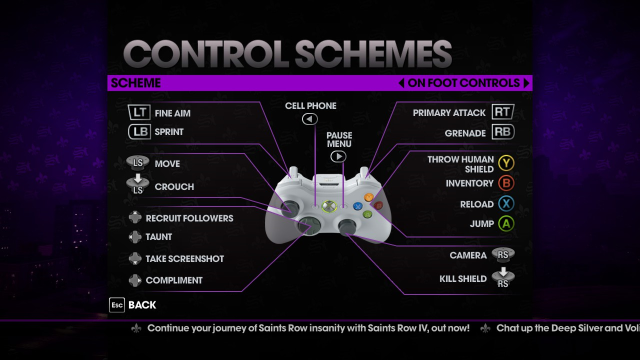
Consoles don’t offer hardware choice, which is both a strength and a weakness. Everyone gets the same box for the same price. This means that game developers can optimize for specific hardware, but it also means that everyone has to use the lowest-common-denominator hardware. The Xbox 360 was released in 2005, and people were still using that same hardware in 2013. PC gamers saw huge increases in hardware power and graphics over those eight years.
You can play many PC games on low settings on just about any computer being released today. What will really hold you back, in most cases, is the graphics card. To play PC games well, you’ll want to get dedicated NVIDIA or AMD graphics hardware instead of integrated Intel graphics. Other components, like CPU and RAM, are also important.
You can build a gaming PC or buy one. Hardware doesn’t have to be upgraded constantly — a gaming PC from a few years ago can still play modern games on high settings today. You can build a gaming PC for about the same price as a console. You can easily get great hardware for under $1000 — you’ll be saving money when it comes to buying games afterwards.
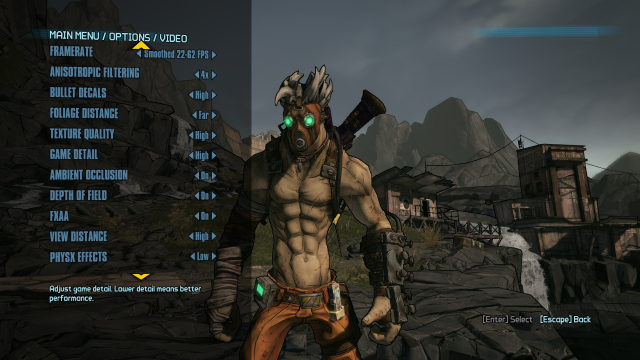
PC games have better graphics than console games. The hardware is just more powerful. Even today, the Xbox One and PlayStation 4 just can’t compete with the graphics a PC can produce. Unfortunately, many games are designed for consoles and PCs at the same time, so the PC may see the same graphics or just a few extra bells and whistles.
If you want the best graphics possible, they’ll always be on PC. This will be even more true as PCs continue to advance over the next eight or so years while the Xbox One and PlayStation 4 remain frozen in time. We’re not even getting into the Wii U here — its hardware is even slower and further behind. The Wii U is great for playing Nintendo games, but its hardware just isn’t competitive.
Gaming PCs can already run games at 1080p today, while consoles are either pushing 720p or struggling to offer good performance at 1080p. Higher resolutions are possible, and we’ll definitely see PCs running games at 4K resolution long before consoles can do this.
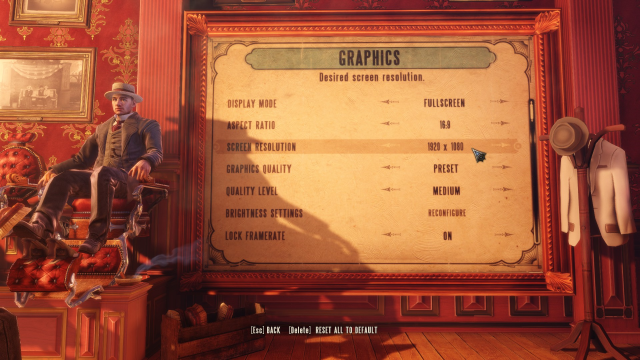
PC gaming is all about digital distribution. You won’t find many physical PC games in game stores, but that’s fine. Digital distribution provides choice, convenience, and low prices.
The de-facto PC gaming storefront is Valve’s Steam. Steam offers regular sales with extremely low prices — that $60 console game may be $10 on Steam in less than a year. Games that were $60 just a few years ago can often be had for $5 or even less if you buy them in bundles. Steam offers a store, gaming library, automatic updates for your games, easy installation of mods, and social features.
Steam isn’t the only store in town, though. EA games like Titanfall and Battlefield are sold on EA’s Origin platform. GOG sells old games tweaked to run on modern systems on its own store. Blizzard sells its blockbuster hits like World of Warcraft, Diablo 3, and Starcraft 2 on Battle.net. You’ll probably have more than one digital distribution platform installed on your PC.
These aren’t even the only shopping locations. You can buy digital games from stores like Amazon and Green Man Gaming — some of these games will give you codes you can redeem on Steam or Origin, while some must be downloaded directly from that store. Sites like Humble Bundle regularly offer bundles of cheap games.
PC game distribution is messier with multiple stores, but it’s also cheaper. It’s not that hard to use — buy a game on a store like Steam and it will be tied to your Steam account. You can easily download and install it with just a few clicks. Steam will automatically keep the game up to date and, for modern games, will probably even synchronize your save games across your computers.
The price of PC games goes hand-in-hand with the way they’re distributed. The focus on digital distribution along with a larger back catalog of old games and competition pushes prices down, so PC games are generally much cheaper than on consoles — especially if you can wait for sales instead of buying games on release day.
Multiplayer and social features are free, too. You don’t have to pay extra to play games online, like you do on an Xbox One or PlayStation 4, with some MMOs being the only real exception.
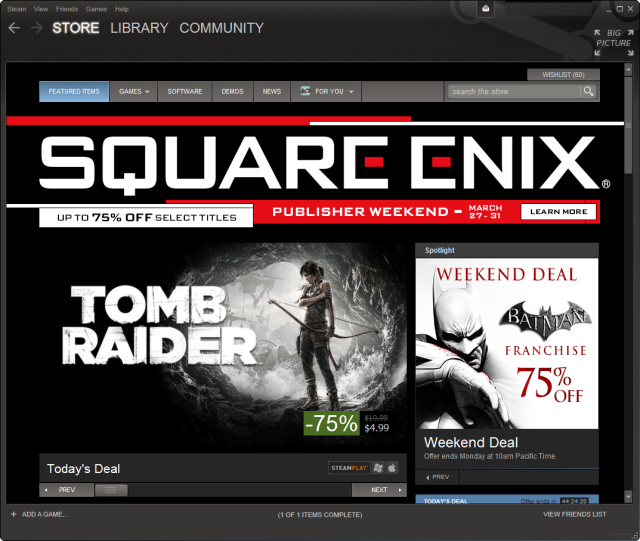
The PC has a larger library of games than any modern console. Whereas the Xbox One and PlayStation 4 aren’t backwards compatible, you can still play games that were released in the 90’s on a modern gaming PC. These games are often very easy to get working — if they’re re-released on Steam, they should be tweaked to function on a modern PC. GOG specializes in taking older games, tweaking them to run on current PCs, and selling them cheap. Even if a game won’t run on PC without some tweaking, you’ll generally find guides and fan patches that will hold your hand and help you get them working. Sure, you may struggle with some old games, but it’s actually possible to run them on PC. You wouldn’t even be able to try on a console.
This also means that your game library will continue existing as hardware advances. If you bought games for your Xbox 360 and loved them, you’ll have to hold on to an Xbox 360 to play them. If you bought the same games on Steam, you can continue playing them on your new gaming PC. Even better, they’ll perform faster and have better graphics than ever. For example, Morrowind was released for both the original Xbox and PC. Console gamers need an original Xbox to play it as it performed back then. PC gamers can play Morrowind on modern hardware, with much faster load times and better graphics. They can install graphics overhauls that make the game look better than ever and install other user-created mods to change the way the game works. Morrowind on console is now basically dead, while it’s still living a long life on PC.

Mods, user-created content that change the way a game works, have always been a big part of PC gaming.Want to play Minecraft and experiment with all the amazing user-created Minecraft mods? You’ll need it on PC, not Xbox. Want to install mods for Skyrim that add entire new areas, quest lines, and items — or even just change the way the game functions? You’ll need Skyrim on PC.
Thanks to the way PCs work, you’ll even find mods for many games that were never designed with them in mind. The PC allows for more user-created content and creativity, from maps and tweaks to total overhauls.
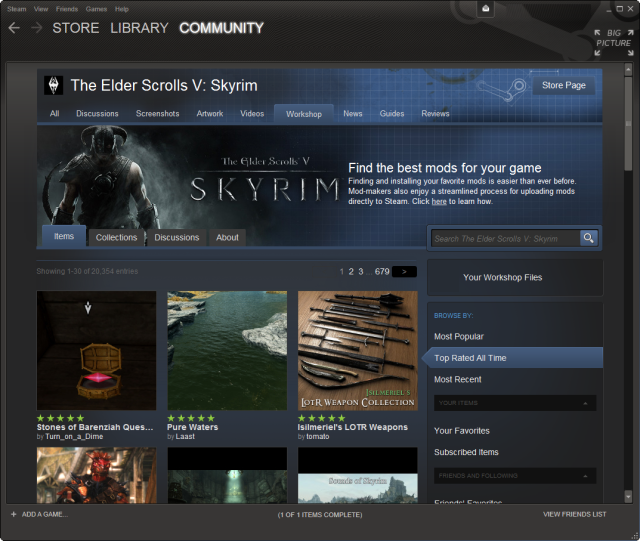
More and more games are cross-platform, releasing for PC, Xbox One, and PlayStation 4 at the same time . However, many games are still exclusive to some platforms. Just as a game might come out for one console and not another, a game might come out for console and not PC — or a game might come out for PC and not console. Not all platforms have the same games.
If you’re obsessed with Halo, a PC isn’t for you — but maybe you’ll find a replacement in Team Fortress 2, Counter Strike, or one of the many cross-platform FPS games like Titanfall, Call of Duty, or Battlefield. Maybe you’ll pick up a PC-only game like DOTA 2, League of Legends, the ever-popular World of Warcraft, Starcraft 2, or the best version of Minecraft there is. PCs don’t get all console games, but PCs have their own great games that aren’t available on consoles. Goat Simulator is a notable example of this.
PC gaming also has a thriving indie scene, with more indie and experimental games being released on PC. Large consoles have historically been unfriendly to smaller game developers. Although the PlayStation 4 and Xbox One are improving here, the PC is still the home of indie games. You can develop and release a game through the web without anyone’s approval, and it’s much easier to get on Steam than on Xbox.
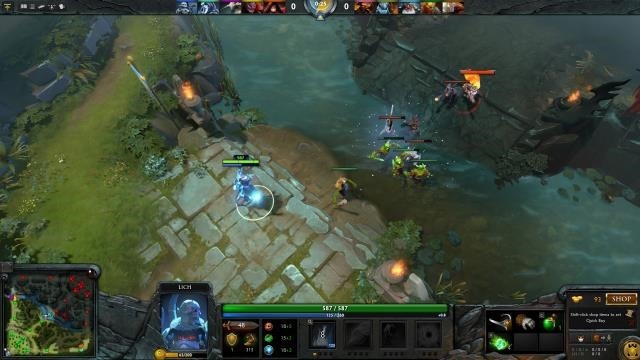
Everyone has their own preferences — if you love Nintendo games and want to play nothing but Nintendo games, a PC probably isn’t for you. But PC gaming is a more compelling option than ever, and Steam Machines will hopefully bring PC gaming to the living room to provide a more open alternative to consoles.
Do you game on PC, or console? Leave a comment and let us know why you chose your preferred platform!
Image Credit: Flavio Ensiki on Flickr

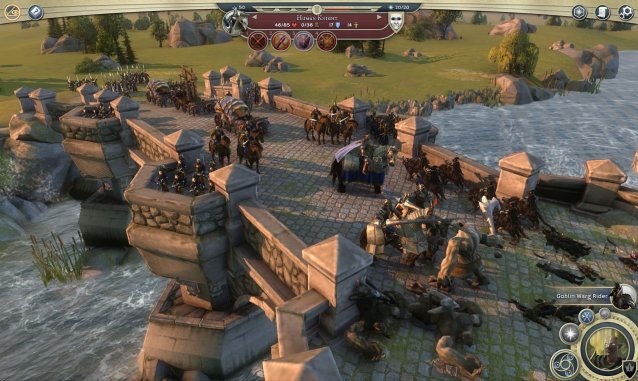
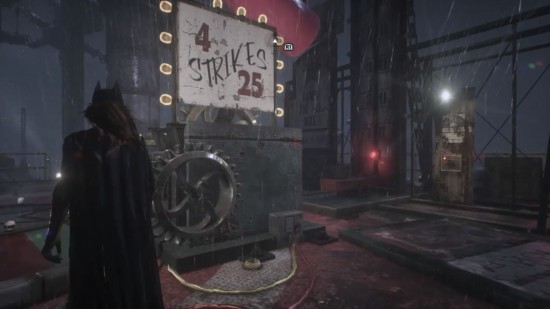

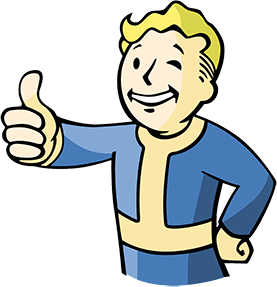 Fallout 4: Everything We Know So Far
Fallout 4: Everything We Know So Far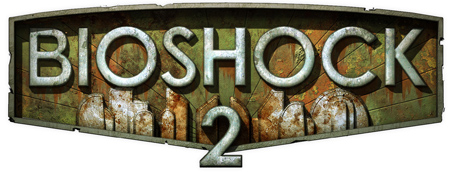 BioShock 2 Guide
BioShock 2 Guide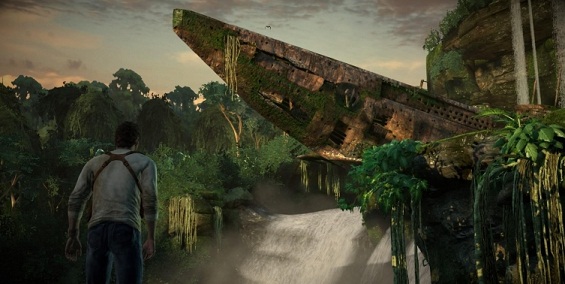 Uncharted: The Drake Nathan Collection treasure locations
Uncharted: The Drake Nathan Collection treasure locations You Won't Believe The Crazy Things People Put On Their CV
You Won't Believe The Crazy Things People Put On Their CV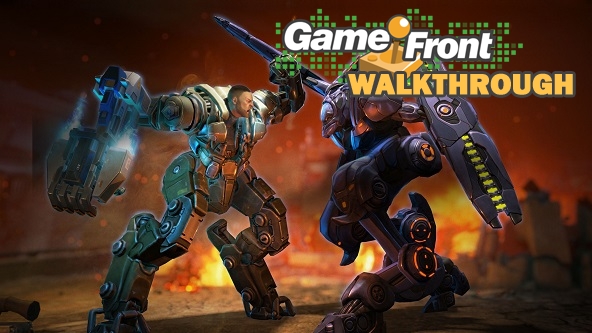 XCOM: Enemy Within Campaign Guide
XCOM: Enemy Within Campaign Guide